It’s a dilemma that may seem hard to resolve. To help you make your decision, we weigh up some of the pros and cons of renting a home, buying or doing both.
Since 2016, homeownership in Australia has been on the decline. And, with an average Australian house price of $681,100 (according to the Australian Bureau of Statistics), it’s no surprise more people are turning to rent.
While buying a house has long been widely considered a hallmark of the ‘Australian Dream,’ or at the very least a substantial investment decision, recent fluctuations in the housing market and lending and borrowing sectors have brought a fresh perspective to the rent versus buy debate.
For many, getting on the property ladder is one of life’s most significant achievements, while renting suits others just fine. But is one better than the other? It’s a question that most people have asked, and one that we can help you answer.
Buying in Australia
There are several potential advantages to buying your own home, such as security, the ability to make space your own, and the possibility that it could help build your wealth.
The pros
Stability
One of the biggest pros of becoming a homeowner is stability. The house is your own, and based on your home loan agreements, you know exactly what you’re going to be paying and for how long. Depending on the market and the way you maintain your property, your home can become a massive asset to your financial future. Should the home increase in value and you decide to sell, you could make a substantial profit.
Support from Government
Australia sets up first time home buyers with tools to help them get on the market. The First Home Owners Grant helps those who are eligible pay for their first home. Plus, a first home loan with BOQ is a smart decision for homebuyers who want personal service and peace of mind.
Freedom to Renovate
Of course, owning a home means you get to do whatever you want with your property. For some, that means interior design and home renovation, but a lot of younger property buyers are only looking for a better place for their pets to live!
When you purchase your own home, you have the freedom to paint, renovate and landscape at any time without needing to ask permission from your landlord or being concerned about breaching a rental agreement.
Bear in mind, however, that if you choose to buy an apartment, unit or townhouse, there may be somebody corporate restrictions on property modifications that you need to comply with.
Helps you build your wealth
Depending on your property and the market in your local area, it may increase in value over the long-term, at a rate higher than inflation.
While property prices generally rise reasonably consistently over the long term, they can also have periods of weak growth or may even decline in value. According to some commentators, Australia is currently in the midst of a housing downturn, with the Australian Property Institute (API) reporting negative residential property returns across the country for the 2018/2019 period, marking the first annual fall in at least a decade.
Make sure you carefully consider all aspects of a property’s location that may affect its value and have your property thoroughly inspected before you buy. Factors such as whether it’s in a flood-affected area or the possibility of further residential and commercial developments being added in the surrounding area may mean that there are foreseeable changes to the value of your home. You may want to get in touch with a professional conveyancer or solicitor to help you navigate some of these matters.
Having a mortgage forces you to save money
Having the discipline of making regular mortgage repayments is one way to force you to save money by putting it into your home loan instead of spending it. The benefit of this is that part of your monthly repayment (the principal) is going towards paying off your property, rather than your landlord’s.
You can plan your repayments.
While interest rates do tend to go up and down, a mortgage still gives you some certainty and the ability to budget for repayments. On the other hand, a variable rate home loan may vary as your bank can change the interest rate on your loan at any time. This may mean that your repayments are just as unpredictable as rental costs, which can fluctuate as a result of high demand.
Unlike renting, however, you may have a certain level of control over your repayments by choosing either a fixed rate or variable rate loan – or a split loan using both types of rates.
Greater certainty for tenure
Owning your own home can also give you more of a sense of security than renting. Living in your place means that you are not at risk of having to move due to a rental agreement finishing or your rent becoming unaffordable.
If you’re currently considering a home loan, the comparison table below displays some of the variable rate home loans on our database with links to lenders’ websites that are available for first home buyers. This table is sorted by Star Rating (highest to lowest), followed by a comparison rate (lowest-highest). Products shown are principal and interest home loans available for a loan amount of $350K in NSW with an LVR of 80% of the property value.
Before committing to a particular home loan product, check upfront with your lender and read the applicable loan documentation to confirm whether the terms of the loan meet your needs and repayment capacity. Use Canstar’s home loan selector to view a broader range of home loan products.
Buying your home locks you into a significant asset and comes with many costs.
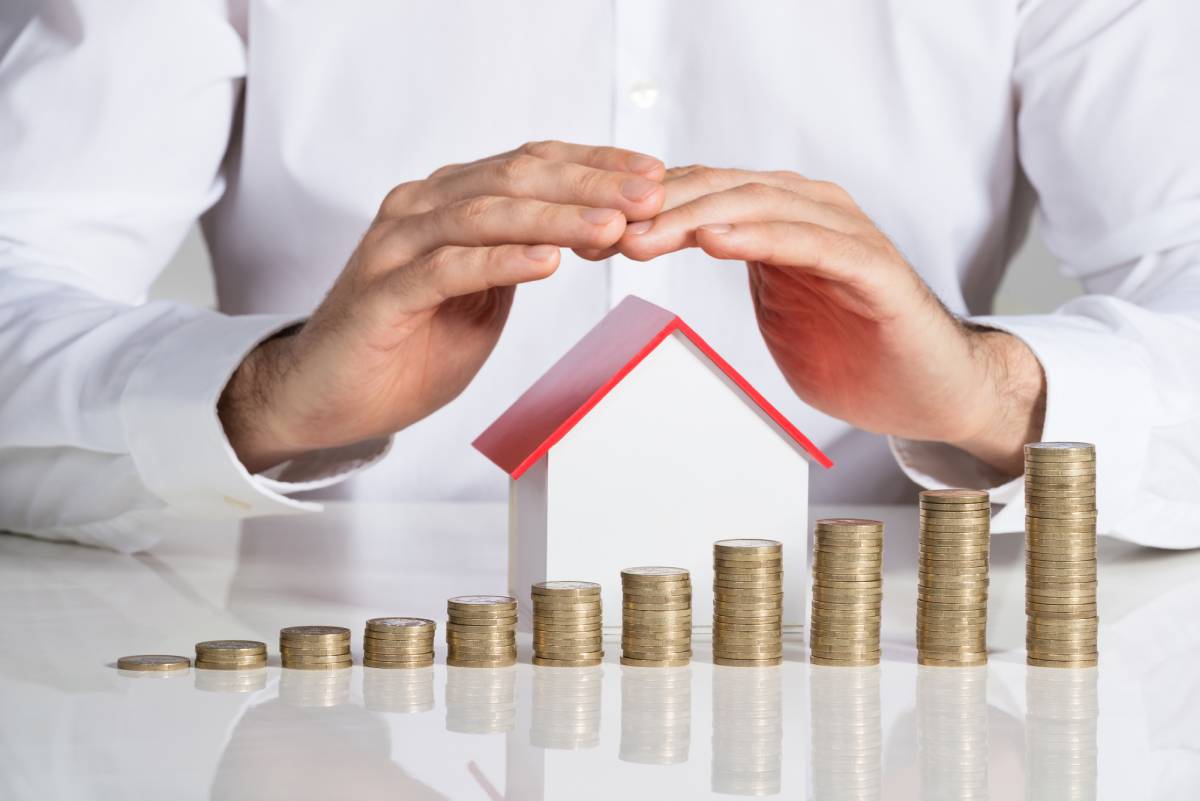
The cons
On the other hand, there can also be some potential downsides to choosing to purchase a property rather than renting.
Financial Responsibility
Buying means you have an (often) sizeable financial responsibility on your hands – mortgage and home loan payments need to be paid regularly; otherwise, you risk falling into debt and hurting your credit score. Unfortunately, those with a mortgage are the most likely to be over-indebted in Australia, according to ABS.
Of course, you can only fall into debt if you can first afford to buy a home in the first place, and getting on the property ladder is no easy feat. Depending on your income, saving for expenses like the initial 20 percent deposit, stamp duty, government fees, conveyancing costs, etc. can mean you’ll need to sacrifice in other areas of your life.
Missed repayments could equal repossession
Arguably the most significant disadvantage of buying a home and having a mortgage to repay is the possibility of repossession if you fail to make repayments. Generally, your lender will send you a default notice, which allows you 30 days to catch up on missed repayments. However, if you are still behind after the notice expires, your lender can start legal action to repossess your home and sell it to cover your loan.
A large up-front cost is required.
One of the biggest obstacles faced by potential homebuyers in Australia is saving up the amount required for a home deposit. The deposit required to purchase a home will vary depending on the lender and your circumstances. For example, some loans require the borrower to have a deposit of at least a 20% deposit of the property’s value. However, if you are eligible for the Federal Government’s First Home Loan Deposit Scheme or willing to pay the lender’s mortgage insurance (LMI), the deposit required may be reduced.
According to the ABS, the average price of an Australian residential dwelling in March 2019 was $636,900, so the 20% deposit required for a loan would be $127,380.
Apart from the deposit, another potential upfront cost, depending on your circumstances, is stamp duty. Although this could potentially add thousands to your deposit, several concessions and discounts could be available to you, depending on the state.
Ongoing costs like maintenance and repairs
As a homeowner, there are several ongoing expenses such as general maintenance, repairs and council rates that may otherwise be covered by your landlord if you were renting. Additionally, if your home is part of a body corporate arrangement, you may need to pay fees to maintain the common areas of your building. These expenses can add up fairly quickly, and for some people may become an unaffordable financial burden when combined with mortgage repayments.
Your home may decrease in value.
One more thing to consider is, while usually, a house can be a financial asset if you make a lousy renovation decision or your neighbourhood decreases in value, your home’s value will fall with it.
Although owning a house is generally considered a substantial investment in the long run, there is the possibility that your property may decrease in value or remain the same, depending on your property and the overall strength of the market.
There's no guarantee that a property will rise in value. Sometimes prices fall, and some areas get hit with significant price falls that take years to recover.
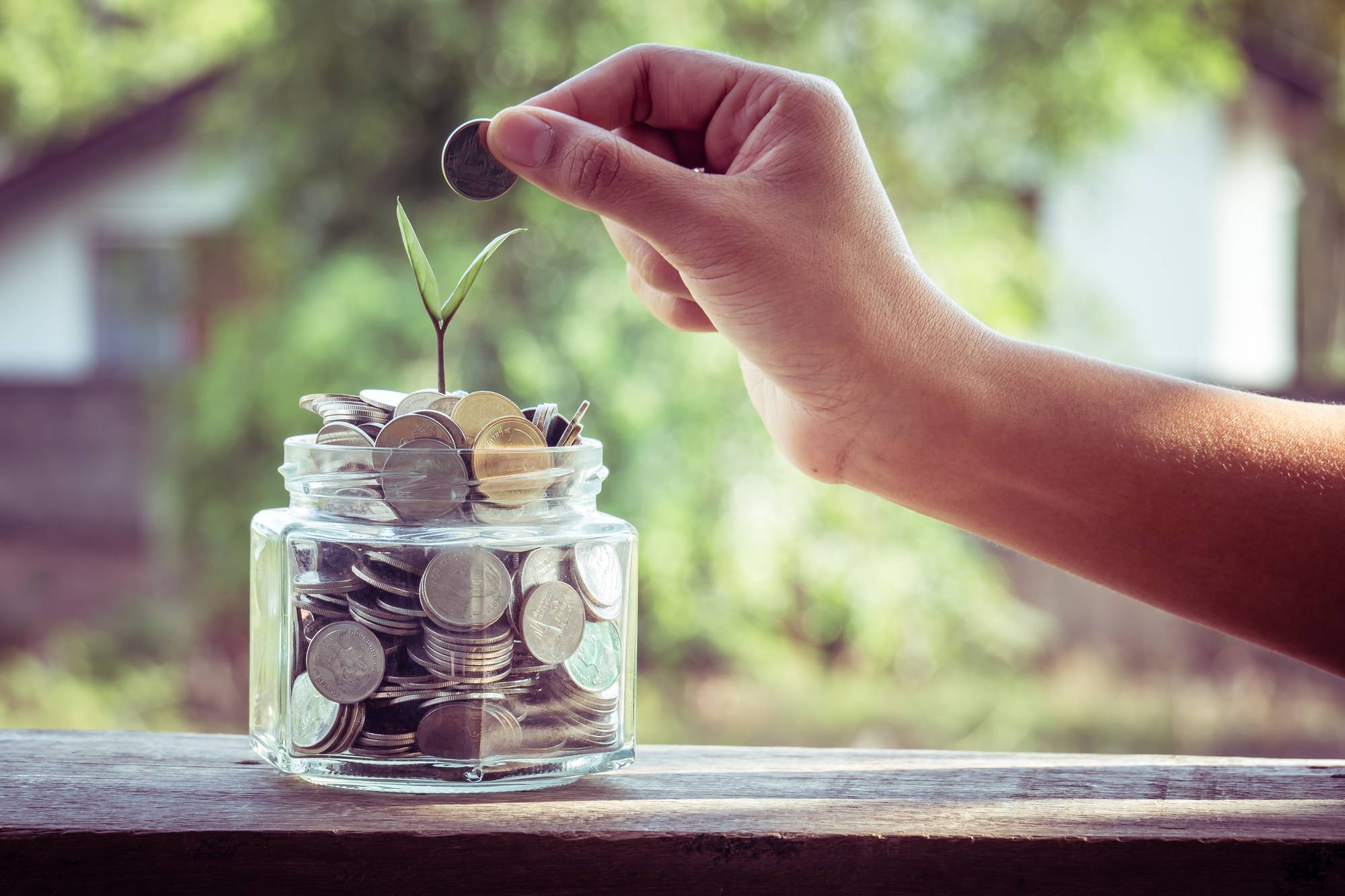
Renting In Australia
There are several advantages to renting, such as the ability to potentially save money while living in a neighbourhood you might not be able to buy into, along with greater flexibility to up-size or down-size as needed.
The pros
There are many reasons Australians are choosing to rent over buy, and it’s not just because of the money – it’s also about freedom. The ability to move whenever a lease is up is highly appealing to those who aren’t ready to settle down in one place.
Less Financial Stress & more money in your pocket now.
Mostly, renting is much less financially stressful than buying. Saving for the deposit on a first home can take a lot of time and sacrifice as opposed to upfront rental costs, which usually only include a couple of weeks of rent in advance and a bond. After that, renters only have to pay for the rent and utilities. While, depending on where you rent and what type of dwelling you rent, rental property can be expensive, these costs are often spread out amongst flatmates or a partner. The significant expenses, like property tax or home repairs, are taken care of by the property owner (usually).
Finally, because you’re saving money when renting, you can spend more on your interests (brunch, anyone?) or even save for a house down the line when you are ready to settle.
As recent ABS data shows, renting will likely be cheaper than paying off a mortgage would be.
Moreover, how affordable or expensive your rent is will depend on the area you rent in. Renting rather than buying may free up some cash for you to invest or save for the future and could reduce financial stress during an expensive period of your life, for example, if you’re starting a business or a family.
While traditionally many people have viewed the cash you spend on rent as “dead money,” online property and urban development network, The Urban Developer, suggests that rent payments are mostly no different in this regard to repaying the interest on a mortgage. It also explains that renting can provide the opportunity to use the money you can often save by renting to explore other, potentially more fruitful investment options outside of the property market.
Upkeep is not your problem.
Renting means typically there are fewer ongoing costs to worry about – your landlord generally covers the rates, home insurance, general maintenance and repair costs unless you have caused the damage in which case the cost could be deducted from your rental bond. Your landlord is also not responsible for insuring the belongings you store on their property. Renters are responsible for protecting their property and may want to consider taking out contents insurance.
Greater Flexibility in where you live
Renting means you may be able to live in a suburb or property that you love but might not be able to afford to buy into.
It also gives you the flexibility to move house whenever you want (within the limits of your lease agreement, of course). Personal finance blog, Aussie Firebug, lists flexibility as a significant benefit of renting over buying, whether for a career change, for family reasons, or simply to seek adventure, saying that when your rental lease expires, the world is your residential oyster.
Greater flexibility about house size
As your family composition changes, so do your housing needs. The ideal house layout for young singles is different from the perfect house for a family with young children or teenagers. Likewise, the ideal student share house is not likely to be the same thing as the ideal home for a family.
One benefit of renting is that you can “right-size” relatively quickly – if your family and income grow, you can move and increase the size and cost of your home as you need it. It can be far more comfortable and more cost-effective to change your home to suit your changing needs, rather than buying a new house or renovating every time your household grows or shrinks.
Because rent tends to be cheaper than owning a property, you can use any extra money you may have to invest, save or spend as you see fit. This financial flexibility is one of the significant benefits of renting.
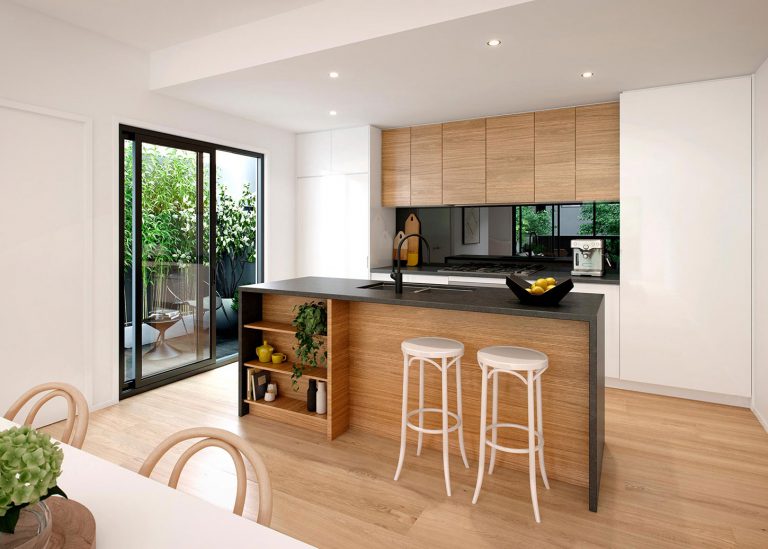
The cons
On the other hand, there can also be some potential downsides to renting that may outweigh the positives.
Flexibility can be a con as much as a pro when it comes to renting. The property market changes regularly, and property managers and landlords are within their rights to change the rent amount once a lease ends. In some cases, this might force renters to move out and find a cheaper place, which can be a highly stressful time, especially if you weren’t ready to go yet. Additionally, rent never stops – homeowners can pay off a mortgage, but renting means you will need to make those rental payments forever.
A sacrifice that renters often have to make is finding the “perfect” place. While buyers have to sacrifice “perfection” too sometimes, at least buyers can make changes and alter their place without asking a landlord’s permission.
No investment potential
While some homeowners may eventually pay off their mortgage, rental payments are required forever. Unlike loan repayments that can ultimately result in you fully owning a house, rent is mainly contributing to someone else’s mortgage repayments or investment income.
A Lack of Privacy & Security
Changing property markets and being at the whim of property managers and landlords means that renting can be unpredictable at times. For example, if your landlord decides to sell, you may be forced to move house, which may be stressful and expensive. Another negative aspect of renting is the potential lack of privacy due to regular inspections, although landlords are generally required to give advance notice of these.
Limited freedom when it comes to your home
While renting can offer greater flexibility with regards to location and your choice of house, having a landlord may restrict your freedom when it comes to decorating and making the house your own space. For example, your landlord may limit the cosmetic changes you can make to the home or the presence of pets on the property.
Renting is an uncertain way to live. You can be evicted, landlords often fail to maintain their properties, and you end up paying a lot of money that goes nowhere.
But if you find an affordable, right quality place to rent with a decent landlord, you might find the convenience and flexibility are worth it. And you aren't tied to a mortgage and a single property for years.
Is rent money really "dead money"?
Rent is money you'll never get back. You don't build equity, and you don't own anything. But when you buy a property, you need a mortgage. And the amount of interest you pay over the life of the loan can end up being very significant. And there are many other costs when you buy a property.
It's impossible to confidently state that renting is cheaper than buying, or vice versa. There are too many factors involved. In a market with rising rental prices but low-interest rates, a mortgage could cost you less than rent. But there are many cases where the reverse is true.
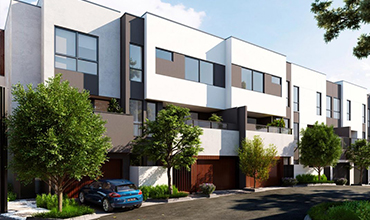
The costs of buying
Let's say you buy a $650,000 home in Victoria with a 20% deposit.
Deposit: $130,000
Loan amount: $520,000
Mortgage: principal and interest loan with a 30-year loan term
Interest rate: 3.70%
Your costs:
Land transfer (stamp) duty: $11,356 (this includes a concession for first home buyers)
Interest costs over 30 years: $341,649
Total costs (including deposit) = $1,003,005
And this isn't including maintenance costs, council rates, insurance and so on. This is a lot of money. Now, of course, your property will likely grow in value over time. This will partly offset the costs.
But when you sell the property, you need to factor in costs such as real estate agent commission and stamp duty on your next property. This can erode some of your capital growth.
What about renting?
The maths here is very hypothetical because rental prices vary widely by property type, size, quality and location (the average Australian living in a capital city spends around 20–30% of their income on rent). Let's take the average weekly rent for a unit in Melbourne, which is $420.
$420 times 52 = $21,840 a year
Over 30 years that equals $655,200
That's $347,805 less than you'd spend on buying a property. That saving equals $11,593 a year.
Now, rent tends to increase over time, so this calculation isn't very accurate. But it would need to increase by at least $11,593 a year to make renting more costly than buying. Also, while we've chosen the average unit rent in Melbourne, we're comparing it to buying a $650,000 house. You could buy an apartment for less than this and therefore pay less in interest. But it's a reasonable comparison: the average price of a house in Melbourne is much higher than $650,000, while the average rent for a house (not a unit) is $430, or $10 more than a unit.
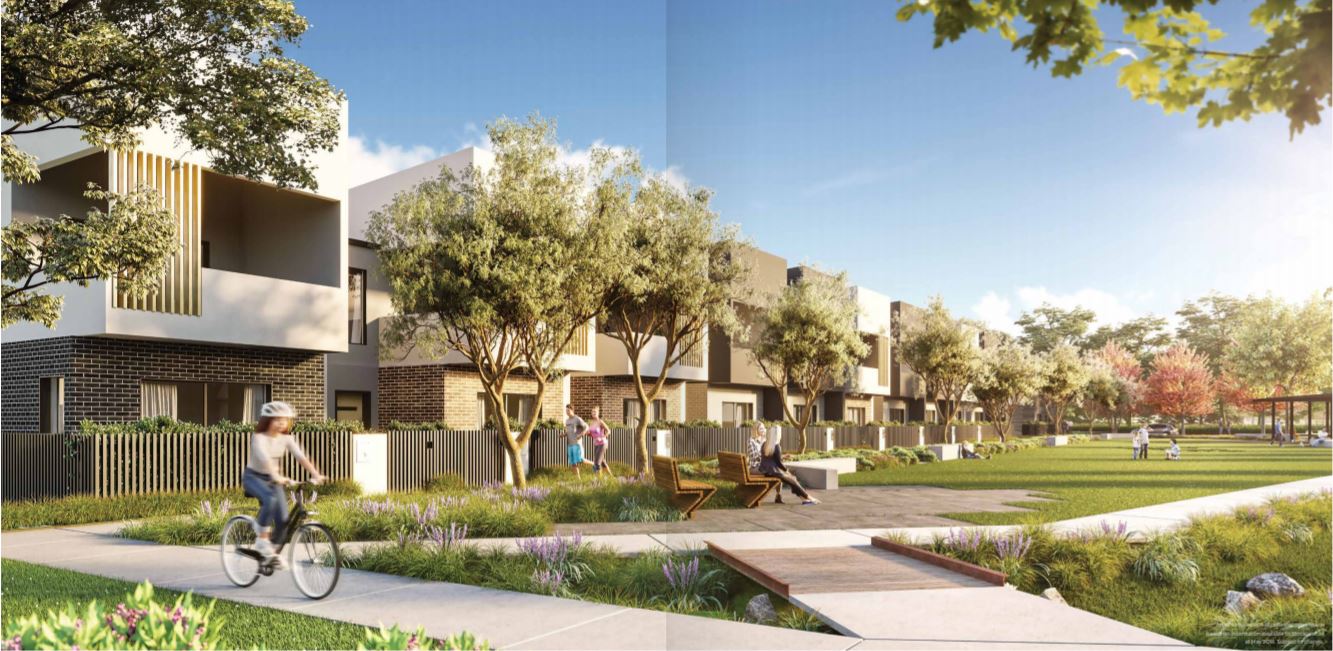
Rent or buy: The choice depends on you
The decision to buy or rent is not a debate; it's a question whose answer depends on your life goals and financial position. Here are some hypothetical scenarios.
I've got a young family, and we like where we live
If you have a family and you want some stability and security, then buying makes sense. If you're already established in a neighbourhood (maybe your kids are in school and are very happy there) and you can afford to buy there, even better.
We're a childless couple, and we love living in an inner-city unit (but we can't afford to buy)
If you live in a pricey, popular neighbourhood and are happy there you might consider renting. You'll probably have more spare cash this way, although you may have to move apartments every once in a while. If you're interested in investing some of your disposable income, then this approach is even better.
You could also consider rentvesting, which means renting where you want to live (expensive, trendy area) and buying a cheaper investment property somewhere else. This way, you're building slow, steady wealth through a property investment while enjoying the flexibility of rent.

